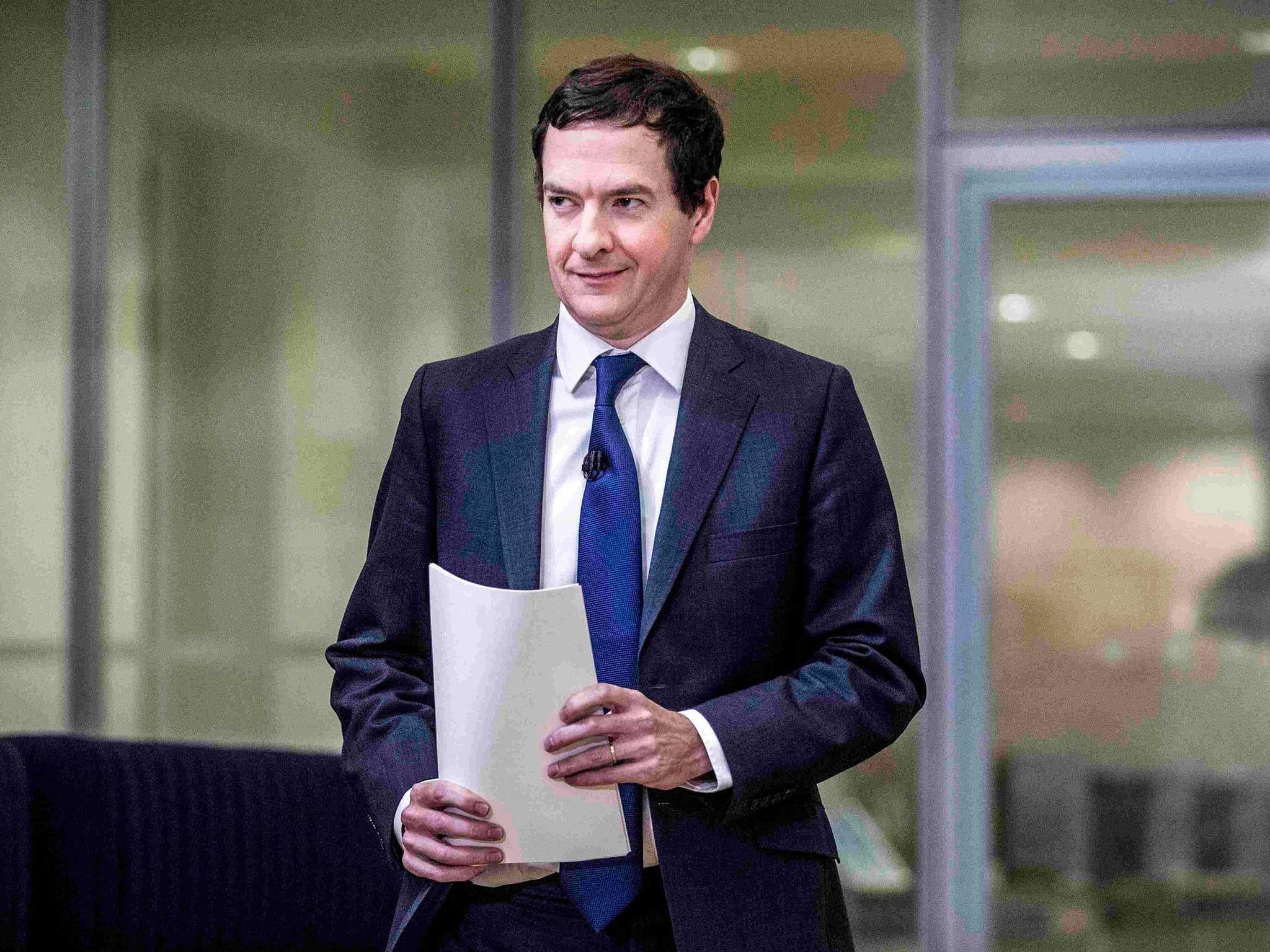George Osborne is trying to turn post-Brexit Britain into a tax haven - and it won't benefit anyone except the elite
The definition of a tax haven is a country which offers low tax rates, refuses to cooperate with other jurisdictions in exchanging information, and where local politics is beholden to financial services

The UK is finally catching up with its Overseas Territories and Crown Dependencies by inching ever closer to becoming a fully-fledged tax haven. And that’s without any of the sunshine to ease the pain.
Despite ongoing concern over corporate tax avoidance, George Osborne has announced that he plans to slash corporation tax from 20 to 15 per cent. The aim of the measure is to signal to multinational corporations that in spite of the uncertainty over Brexit, the UK is “open for business”. The new rate, if implemented, would give the UK the lowest corporation tax of any major economy.
In response to the announcement, the OECD’s head of tax Pascal Saint-Amans said: "A further step in that direction would really turn the UK into a tax haven type of economy.” Shadow Chancellor John McDonnell has similarly warned that Osborne is "offering up Britain as a tax haven".
This isn’t just political point-scoring. According to Nicholas Shaxson, the definition of a tax haven is a country which offers low tax rates, refuses to cooperate with other jurisdictions in exchanging information, and where local politics is beholden to financial services – which sounds an awful lot like the UK right now. Back in 2007, when corporation tax came in at 20 per cent, the IMF identified Britain as an offshore jurisdiction. The lower rate set by Osborne this week is sure to compound the problem.
This would be of great benefit to the UK if companies taking up residence here meant increased business investment, GDP, jobs and tax revenues in the long term. However, rather than creating “a competitive economy”, as the Chancellor hopes, the lower corporation tax levies won’t increase labour productivity or efficient use of resources.

According to the New Economics Foundation: “The UK already has one of the lowest corporation tax rates of all the major developed economies. Yet since the 2008 financial crisis, the UK has continued to suffer low growth in productivity, and a lack of sufficient fixed capital investment. There is no serious economic evidence that suggests lowering tax rates for business actually leads to improved private sector performance and overall economic competitiveness. In fact the evidence is inconclusive with some studies even suggesting that the opposite may be true."
In fact, any gains would be restricted to London’s financial sector where high-value services from the city are bought and the highest paid jobs are located. The whole point of a tax haven is that the local economy is kept from benefiting from the financial fertile off-shore rules. In fact, this is the measure used by the IMF to spot tax havens.
Ordinary workers will have to pay higher income tax to compensate for low corporation tax. It is worth noting even at this point that income tax stands at 20 to 45 per cent, compared to the 20 per cent rate for corporation tax. This means an ever-increasing shift in income from workers to multinational companies. It also means cuts in government spending and therefore public services, a tune we’ve all heard before. The Tax Justice Network told The Independent: "It will create a bigger wedge between the rates of corporate and personal income tax, providing even greater incentive for high-income people to re-label their income as corporate income. That in turn, of course, will reduce income tax revenues – which is likely to result in lower revenues for public services, and a more unequal income distribution. People who voted for Brexit in part as a response to economic marginalisation, and the sense that public services were under great pressure, are likely to find this policy exacerbates exactly those issues."
The policy would also serve to increase inequality globally as countries compete to offer the lowest tax rates in order to attract investment opportunities.
In the words of ActionAid: “Poor countries are the big losers in this race to the bottom as they are particularly dependent on corporation tax. Healthcare, schools and other key public services are left starved of resources as they are deprived of tax revenues, hitting women and children hardest.” Osborne’s efforts to turn us into a tax haven are hardly revolutionary – and they can hardly be expected to benefit anyone except the elite few.
Join our commenting forum
Join thought-provoking conversations, follow other Independent readers and see their replies
Comments